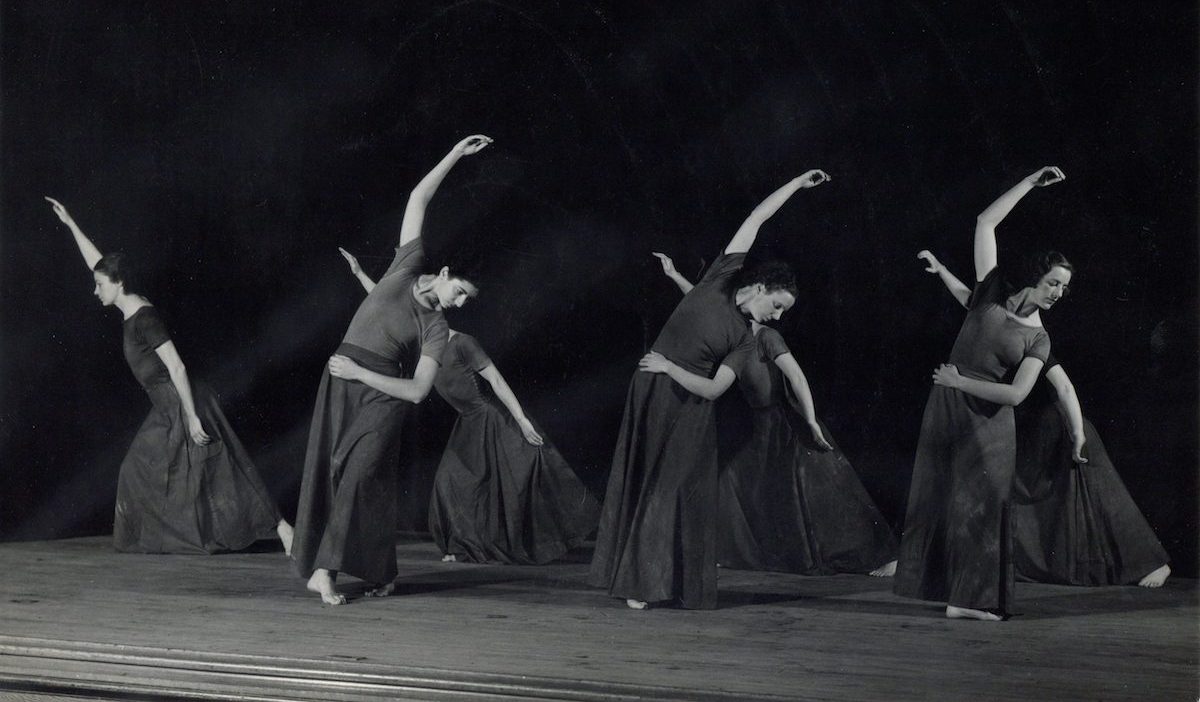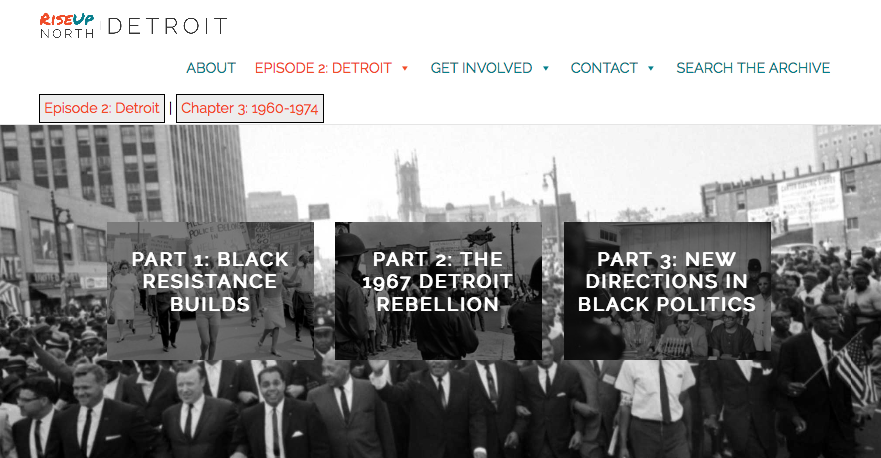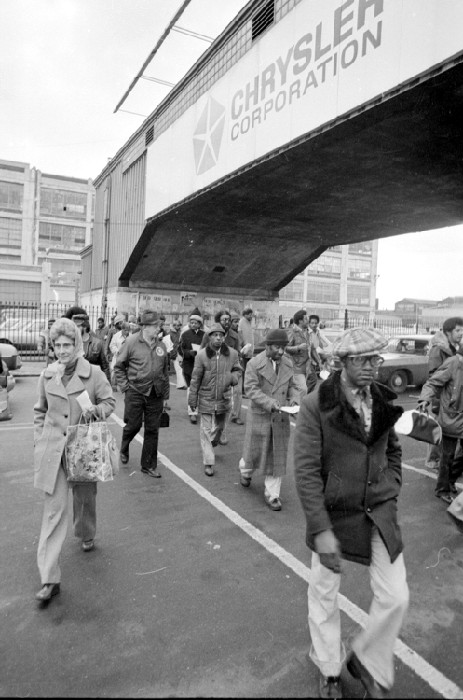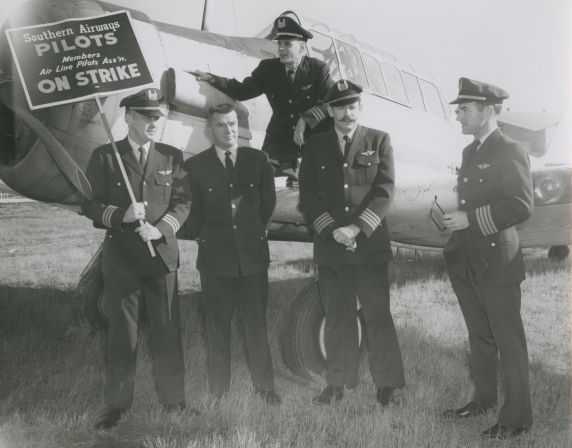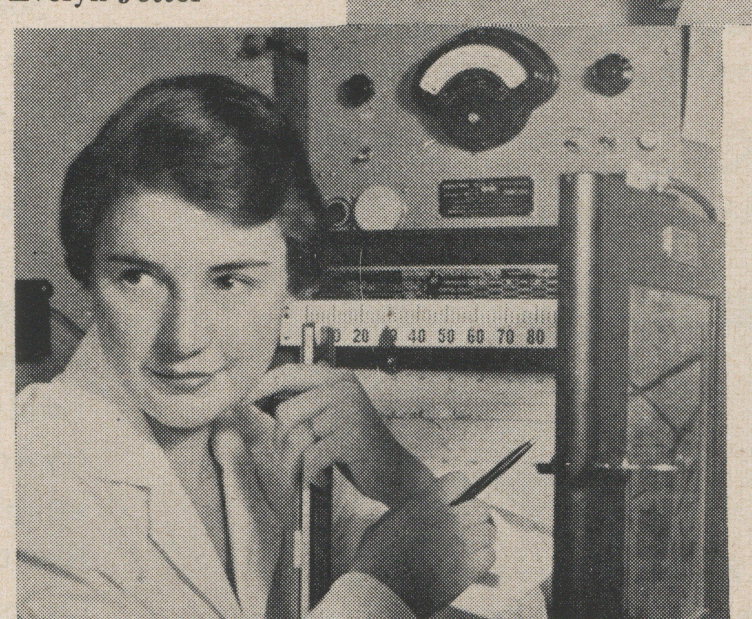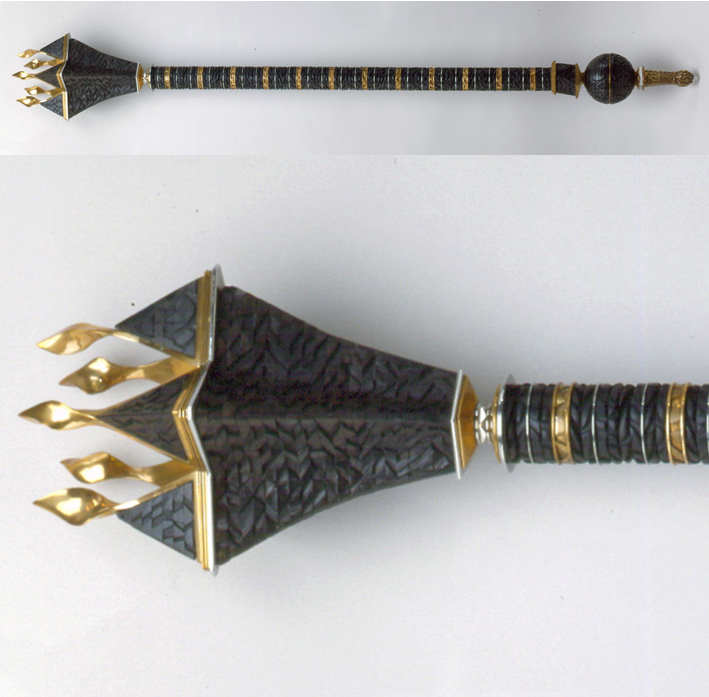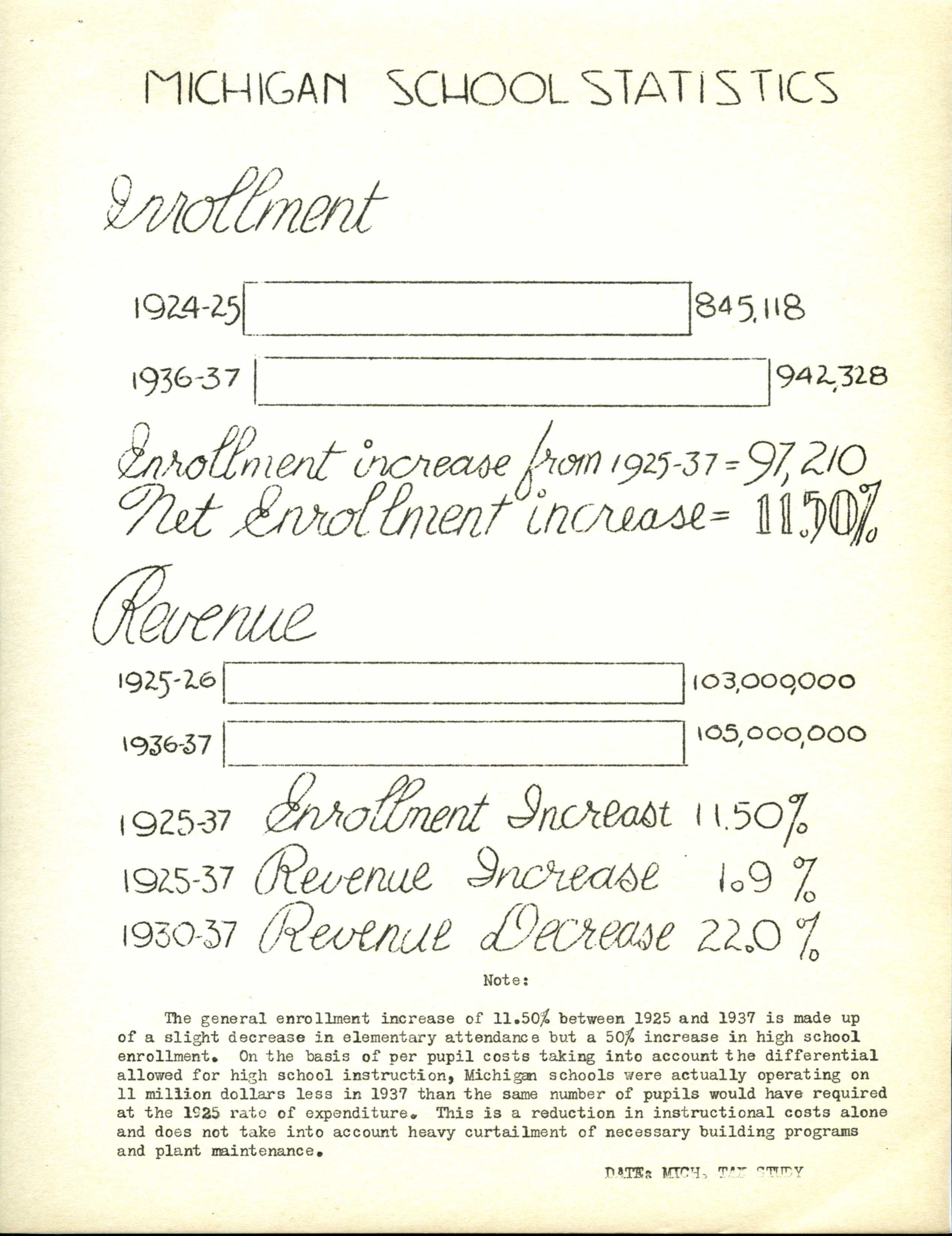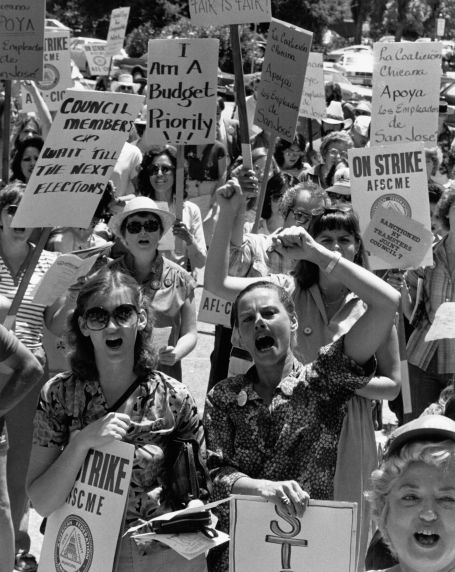Eva Powers, recently retired associate professor and former chair of the Maggie Allesee Department of Dance, share the fascinating history and bright future of the modern dance program at Wayne State University. One of the longest-running dance programs in the country, it traces its origins to the Dance Workshop, founded in 1928 by Professor Ruth Lovell Murray. A pioneer in dance education, Murray’s philosophy, “You do it and you teach it,” was evidenced by the Dance Workshop’s influence on a robust dance program within the Detroit Public Schools well into the 1970s. Powers also describes the bright future of the dance program at Wayne State, with state-of-the-art facilities, an impressive roster of alumni renown as much for their teaching as for their artistry, and well-respected faculty drawing more students to dance than ever before.
Reuther Library archivist Aimee Ergas discusses the photographs, videos, choreographic notes, and other documents contained within the Wayne State Dance Department Records, as well as other robust collections contained within the Michigan Dance Archive at the Walter P. Reuther Library, including the personal papers and teaching notes of Harriet Berg, Denise Szykula, and Genevieve Siegel Schoenberg.
Related Resources
Michigan Dance Archives at the Reuther Library
Related Collections
Wayne State University Dance Department Records
Dance Oral Histories
Detroit Recreation Department Dance Program: Shirley Harbin Records
Michigan Dance Archives: Leslie O’Day Benyo Papers
Michigan Dance Archives: Harriet Berg Papers
Michigan Dance Archives: Marygrove College Department of Dance Records
Michigan Dance Archives: Genevieve Siegel Schoenberger Papers
Michigan Dance Archives: Denise Szykula Papers
Episode Credits
Producers: Dan Golodner and Troy Eller English
Interviewer: Dan Golodner
Interviewees: Eva Powers and Aimee Ergas
Sound: Troy Eller English
With support from the Reuther Podcast Collective: Bart Bealmear, Elizabeth Clemens, Meghan Courtney, Troy Eller English, Dan Golodner, and Paul Neirink
Podcast: Play in new window | Download | Embed
Subscribe: Apple Podcasts | RSS | More
